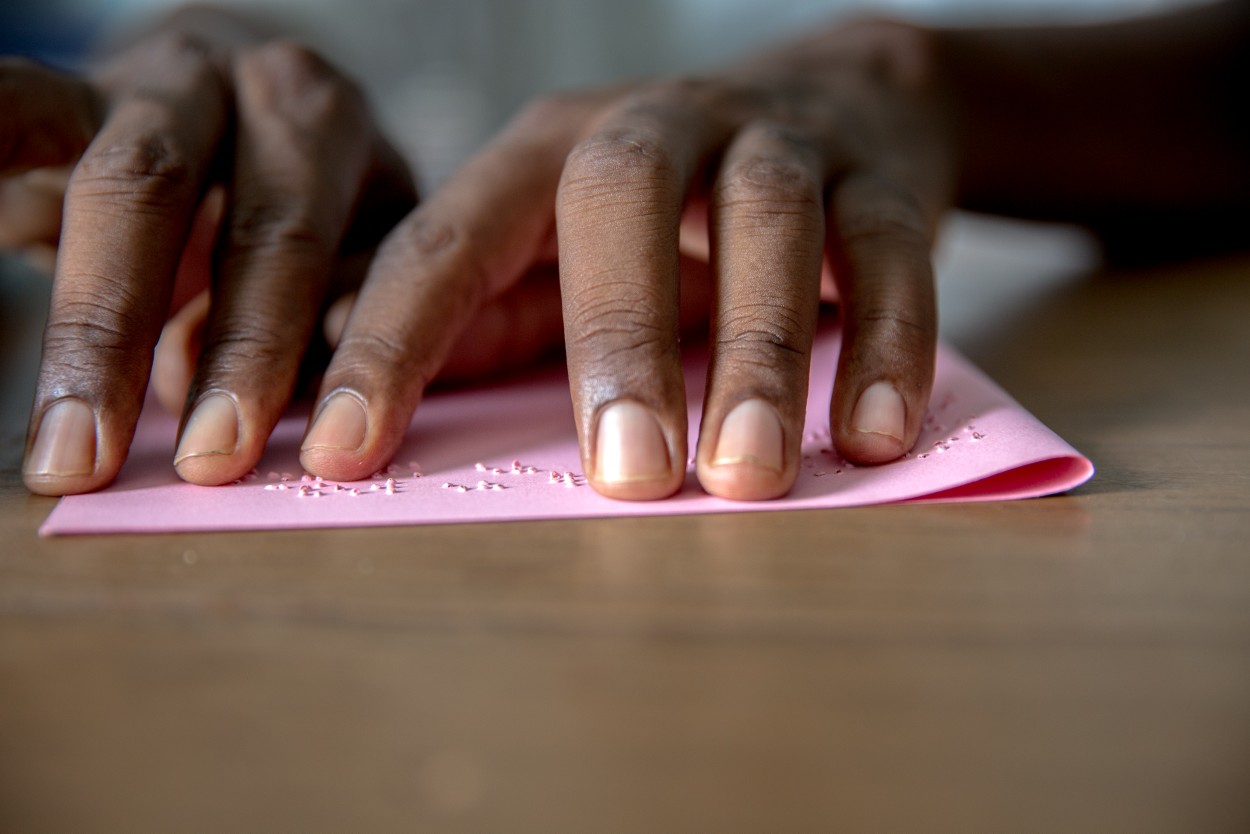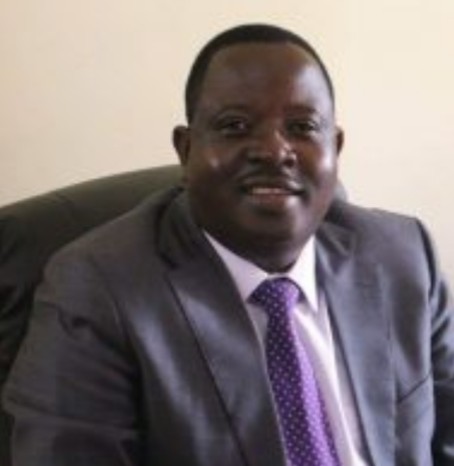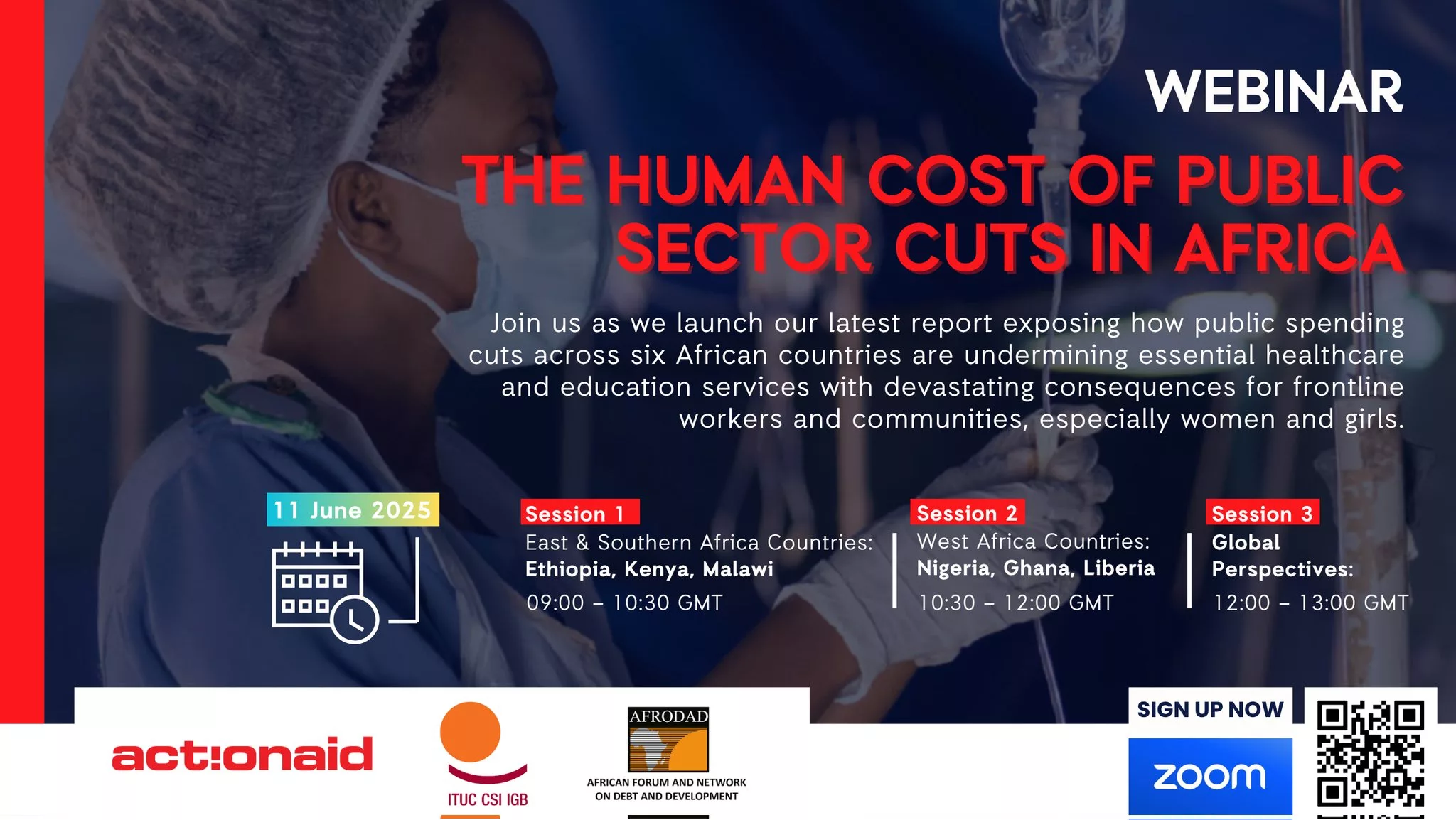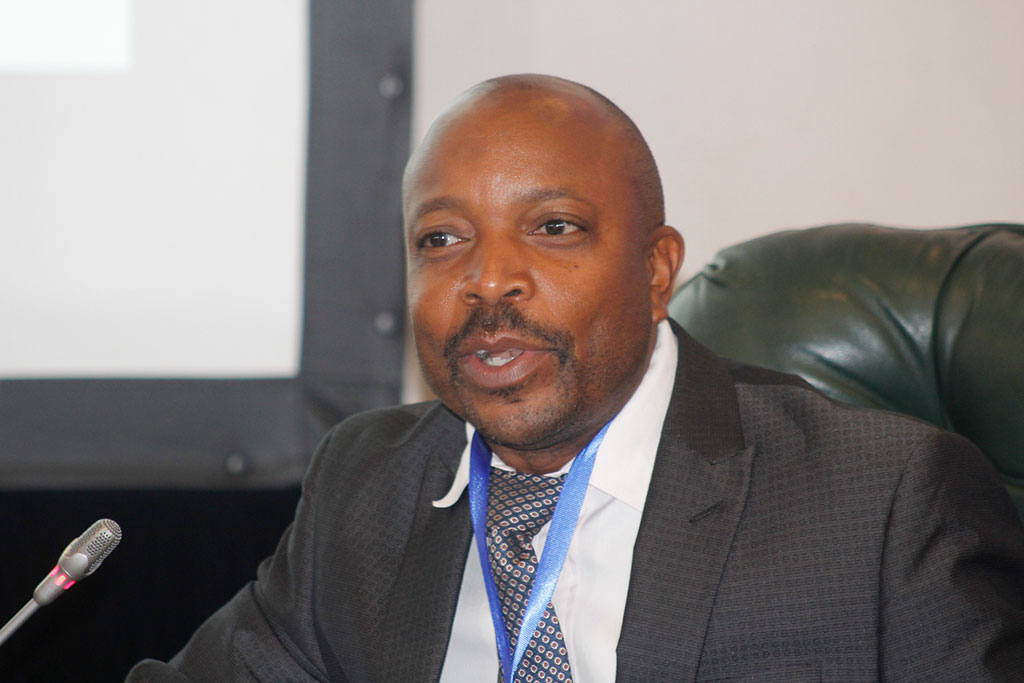|
Getting your Trinity Audio player ready...
|
On the one-year anniversary of the Global Disability Summit, campaigners are calling on the government to follow through on commitments they made on disability rights.
February 16 marks the one-year anniversary of the second-ever Global Disability Summit (GDS), which was virtual and hosted by the governments of Norway and Ghana, and the permanent co-host, the International Disability Alliance (IDA). The summit generated commitments from over 190 governments and other stakeholders. It built on the success of the commitments made at the first-ever Global Disability Summit in 2018.
To mark the date, Sightsavers’ Equal World campaign, the National Association of Societies for the Care of the Handicapped (NASCOH) and IDA are calling on the government, decision-makers, and other stakeholders of Zimbabwe to report back on the progress they have made on their GDS commitments so far. In February and March 2023, governments can submit progress on their commitments using an online platform hosted by the GDS Secretariat.
Peter Bare, the Country Director for Sightsavers, said, “The Global Disability Summit has been a huge opportunity for the government of Zimbabwe to address inequality. It was great to see them attend and make commitments on how they will address disability inclusion. But now is the time for action.
“It is vital that the government continue to honour these commitments and make their actions speak louder than their words. Our Equal World campaign urgently calls on the government to uphold disability rights and make their summit commitments a reality”.
At the 2018 summit, the Zimbabwean government committed to working towards the advancement of the rights of people with disabilities, with a special focus on women and girls. This was through specific commitments to domesticate the United Nations Convention on the Rights of Persons with Disabilities (UNCRPD); to create a policy framework for people with disabilities; to ensure the inclusive development of a comprehensive and practical National Action Plan on disability; and for concrete measures on disability rights to be in place by 2021.
Henry Masaya, the Director for NASCOH, said, “Ahead of the GDS, we put forward our recommendations based on engagement with people with disabilities in
Zimbabwe and called for the government to attend and make ambitious financed commitments. Five years on, we now need to know what progress has been made”.
Vladimir Cuk, Executive Director of IDA added: “One year on from the 2022 Global Disability Summit, the world faces huge challenges, and millions of people with disabilities are treated unequally. In such a sphere, the GDS can be the carrier of good news: it can inspire governments to take action through commitments and can rally people behind an area in which involvement can bring positive and concrete results.
Through the GDS we want to call on governments, multilateral agencies, the private sector, and INGOs to report back on their commitments. Words are not enough, actions speak louder.”
The Global Disability Summit is the world’s biggest gathering of people with disabilities, governments, and global leaders and an opportunity to implement the UN Convention on the Rights of Persons with Disabilities (UNCRPD). The 2022 summit was attended by over 190 governments and stakeholders who made more than 1,420 policy and funding commitments to disability rights.
The next summit will be held in 2025 and co-hosted by the International Disability Alliance, and the governments of Germany and Jordan.
To join the Equal World campaign, sign their petition, and call for action on disability rights, please visit:campaigning.sightsavers.org
To learn more about the Global Disability Summit and view the commitments made in 2018 and 2022, visit:www.globaldisabilitysummit.org
About Sightsavers
Sightsavers is an international organisation that works in more than 30 countries to prevent avoidable blindness and fight for the rights of people with disabilities. Our vision is of a world where no one is blind from avoidable causes, and where people with disabilities can participate equally in society.
They influence global and national development policy to be disability-inclusive, and we support people with disabilities and their representative organisations through our health and inclusion programmes.
Sightsavers has been working and campaigning in Zimbabwe since the 1950s. For more information, visit:www.sightsavers.org
About Equal World
Sightsavers’ Equal World campaign fights for disability rights worldwide. We campaign for an equal world and amplify the voices of people with disabilities.
For information on the Equal World campaign please visit: www.sightsavers.org/EqualWorld
About NASCOH
NASCOH is the umbrella body of 70 organisations of and for people with disabilities (PWDs) in Zimbabwe, representing the mentally and physically challenged, the visually and hearing impaired, and those with conditions like epilepsy and Down syndrome.
NASCOH’s vision is to be leaders in the holistic empowerment of people with disabilities in Zimbabwe and beyond and its mission is to promote and protect the rights of people with disabilities through a well-coordinated membership.
Key objectives that guide NASCOH in achieving its mandate include lobbying and advocating for disability-friendly legislation and policies, capacity building and coordinating the activities of member organisations, provision of research and information dissemination on disability, and provision of advice on disability to government and interested bodies.
For more information please visit: www.nascoh.org.zw






